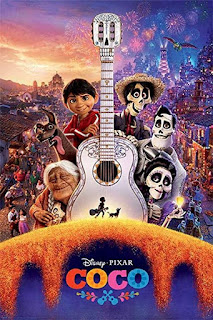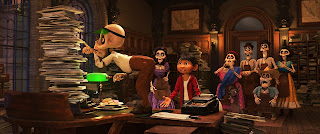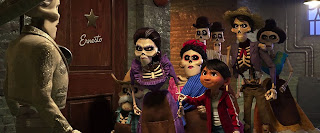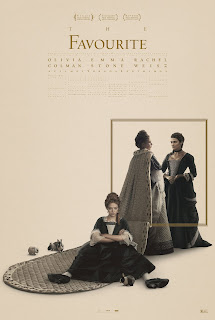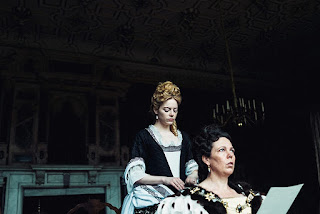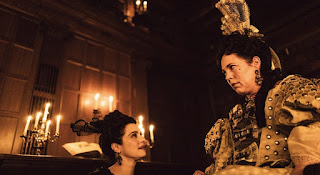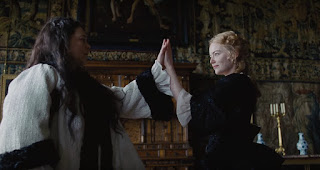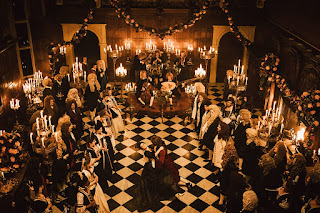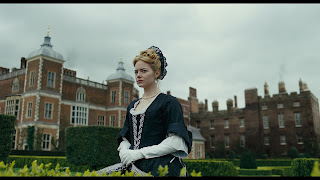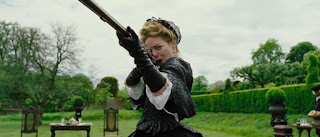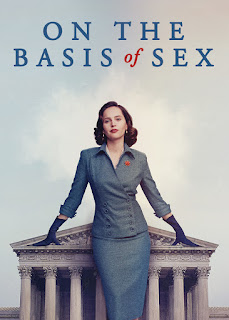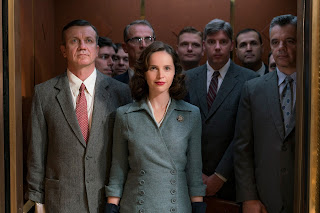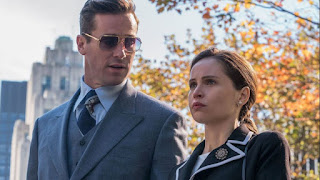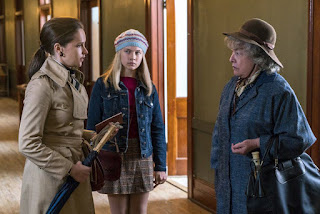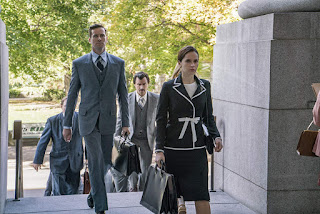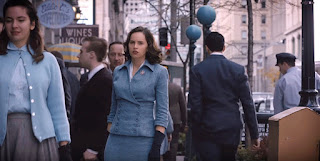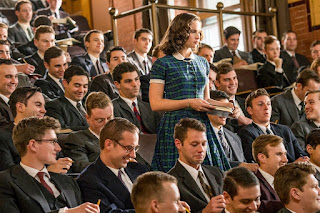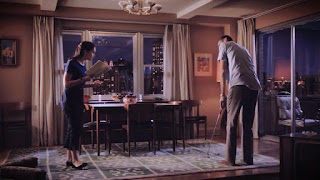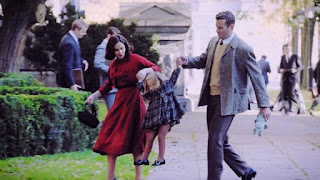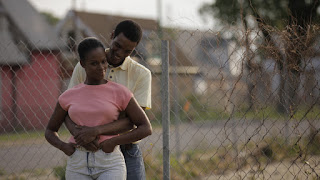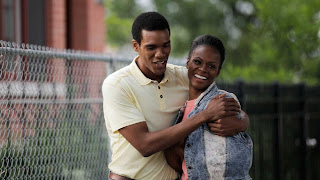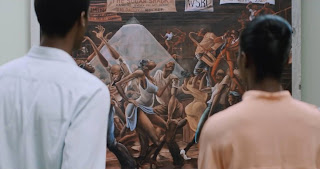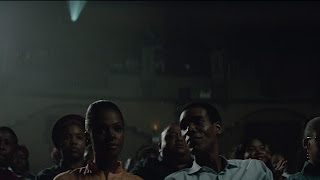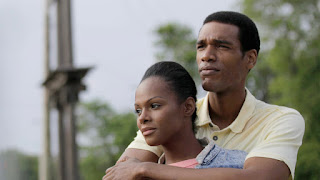When it comes to making animated movies that are visually breathtaking while being emotionally powerful in terms of both storytelling and narrative, no one does it better than Disney's Pixar as they're able to create visually enchanting worlds while presenting audiences with stories and characters, whom they ultimately come to care about. Their trackrecord of films is highly impressive not just with how successful they manage to turn out financially, but how many of their films were able to resonate with audiences in regards to achieving both critical acclaim and stature. What makes them such a unique studio is the diverse group of stories they create, that not only charm the pants off young audiences but can move them with the emotional journeys they take them on. With 2017's Coco, Pixar not only creates a story that both celebrates as well as honor Hispanic culture, it also serves as being a visually enchanting and deeply moving tale made around the themes of life, family, culture, death, and remembrance. For the acclaimed animated studio, Coco stands as being one of their finest works as well as further establishing them as being the best in the business in terms of crafting beautiful pieces of animated work, that manages to be entirely possessive of both heart and emotion.
The plot for Coco centers around a young boy named Miguel (Voiced brilliantly by Anthony Gonzalez), who carries around his guitar and constantly practices his skills at playing. Desperate for a music career, he defies his families opposition to music and consults with his ancestors in the Land of the Dead. What makes Coco's story so effective is the amount of heart it possesses, as well as being charming, thoughtful, and poignant. While the films breathtaking animation provides the film with its shell, it's the soul that the story carries which makes audiences connect with it on a deep level. The film serves as being a powerful stamp on the idea that family members should support one another in career choices, but that family is most important overall. In delivering that message, Coco gives audiences characters that they grow connected to as well as centering them around a story structure and narrative, that they can find relatable on an emotional level. As a representation of Hispanic culture, Coco feels rich, colorful, and highly respectful with its script taking direct inspiration from the Mexican holiday Dia de los Muertos (Day Of The Dead), as well as glorifying the culture as a whole from the style of music to peoples clothing and family ties. Coco is a film that feels like it was made with a genuine pride and respect for the stories main setting with the film being purely delightful to watch along with feeling heartfelt at times. It's beautifully drawn, brilliantly written, and acted with both excitement and enthusiasm for the films main story and touching message regarding how important family is, and that one should always pursue as well as follow their dreams. For young audiences as well as older ones watching it, Coco gives them an experience that's thrilling to watch with it sticking with them long after its over due to its empowering narrative.
As incredible as Coco's visual world appears, it's the wonderful and energetic voice acting from its main cast that makes it work as being an experience that feels both special and genuine. The vocal work here is phenomenal with everyone delivering the right level of enthusiasm and emotion required for their roles. Anthony Gonzalez as Miguel provides the film with both its heart and pulse with his charming voice performance as a young boy, who dreams of being a musician and is determined to be such regardless of how his family feels about music overall. His performance is the key to the audience becoming connected with the story and he manages to do a fantastic job of making his character both likable and sympathetic. Gael Garcia Bernal is terrific as Hector, a charming trickster in the Land of the Dead who enlists Miguel to help him visit the Land of the Living. He plays his character as being a tragic figure as its later revealed that he's Miguel's true great-great grandfather. Benjamin Bratt turns in an excellent voice acting performance as Ernesto de la Cruz, the most famous musician in the history of Mexico and Miguel's idol who happens to be more popular in the Land of the Dead compared to the Living. Bratt plays his character as having a Frank Sinatra type persona with him carrying swagger and confidence, as well as having an obsession with both his legacy and image. Alanna Ubach impresses as Miguel's late great-great grandmother Mama Imelda, whose also Hector's wife, Coco's mother, and the matriarch of the family. Other noteworthy supporting roles include Renee Victor as Coco's daughter and Miguel's grandmother Abuelita, whose shown to strictly enforce the Rivera family's music ban. Ana Ofelia Murguia shines in her warm and touching performance as Mama Coco, Miguel's great-grandmother and the daughter of Hector and Imelda. Other fun supporting voice roles include Edward James Olmos as Chicharron, a friend of Hector's who ultimately becomes forgotten in the Land Of the Dead, and Alfonso Arau as Coco's husband and Miguel's late great-grandfather Papa Julio. The cast as a whole for Coco is wonderfully diverse in terms of talent with the actors being of Latin American descent, driving home the authenticity of the story. Each performance adds something special to the story with the actors and actresses all personalizing their roles as the family traditions shown in the film speak to their own family legacies, as well as large portions of the audience watching Coco.
On both a directing and technical note, Lee Unkrich once again solidifies himself as being a masterful filmmaker of animation who can generate visually colorful and breathtaking worlds, while simultaneously being able to connect with the audience emotionally. His previous works on Monsters Inc, Finding Nemo, and Toy Story 3 further emphasize that he's a filmmaker who carries the right balance between telling a story and giving it the visual flare that's demanded. With Coco, Unkrich creates an experience that's immersive for the audience along with presenting Latino culture in a form that glorifies it, as well as making the whole story emotionally captivating and ultimately empowering. The films animation is top notch with it being the first Pixar film to be filmed in 3D, making it the ideal icebreaker for the studio given its colorful imagery. The locations in Land of the Dead gives the story a Tim Burton style feel to it with both the sets and costume design being gorgeously sketched along with showcasing Mexican culture in full form. The films running time is longer than the average Pixar animated film at 109 minutes, but it's story moves at a steady pace which allows the building up and establishing of characters along with the story to make the films emotional climax pay off. The films key scene involving its main theme Remember Me, is beautifully drawn and brought to life in a form that feels poetic as well as being a tear-jerking moment for the audience. The soundtrack is perfect for the story with the main song hitting home with its strategic placements within the story, along with the different guitar songs that Miguel, Ernesto, and Hector sing throughout the film that blend in along with serving as being highly complimentary of Hispanic culture. UnKrich does a fantastic job of bringing the story to life in a form that not only feels both groundbreaking and remarkable visually, but helps restore Pixar studios as being one that can generate original animated stories again rather than relying on numerous sequels to previously established hits of theirs. The work that's brought to Coco on a filmmaking front feels sincere with Lee UnKrich demonstrating a clear amount of respect and adoration for the films story and the culture that its inspired by. He gives his all and puts the story in the best format possible in making it an experience, that feels larger-than-life for audiences.
The films emotional core along with its strong message regarding family is further cemented by its writing. The script written by Adrian Molina and Matthew Aldrich based off a story by Unkrich, Jason Katz, Matthew Aldrich, and Adrian Molina is well thought out and explores many relevant themes such as the dreaming of success, figuring out ones calling, the strength and love of family, death, remembering loved ones, believing in the afterlife, and family curses. Coco takes these themes and presents them in a way that makes them feel both poignant and self-reflective of Latin culture with Miguel desiring to be a successful musician someday and keep the family tradition going. The film takes the concepts of death, as well as the remembrance of loved ones and presents them in a form that feels both mature and respectful. What the script does well is take many of the films different themes and issues and blend them together nicely while enriching the family values of the films chosen culture it glorifies. The characters are both well established and developed with Miguel's character being relatable and sympathetic to the audience with the plot twist revolving around Hector and Ernesto being both surprising and well-executed. The buildup of emotion throughout the story is handled well with the climactic end scenes paying off emotionally with one being hard-pressed not to shed a tear at the end. As a story, Coco works best as being a masterfully written and heartwarming story about family, faith, pride, tradition, and the beauty of Mexican culture with its originally making the whole experience feel more spontaneous and special. The script also works as being both insightful as well as informative for audiences in regards to giving them a representation of what Day of the Dead is and what it stands for in Hispanic culture.
As a film that aims to tell a moving story about the importance of family and living out ones dreams along with serving as a celebration of Hispanic culture, Coco succeeds on all counts. It not only stands as being one of Pixar's finest efforts, but reaffirms their stature as being an animated studio that can still produce charming and hard-hitting stories, that not only feel original but properly honor the cultures they represent. Coco is a beautifully told and richly satisfying celebration of life as well as being an observance of death, and the remembrance and hope that someday both parties will reunite in the afterlife. For Latinos and those of Mexican descent, they couldn't ask for a greater representation of their cultural heritage than what Disney's Pixar give here. Coco is a film will charm the pants off its audience, dazzle them with top notch animation, and move them to tears with the message it proudly delivers. The film proudly earns its well-deserved wins for the Best Animated Film Oscar as well as Best Song for Remember Me.
Final Verdict: For Disney fans and those who enjoy Hispanic culture, Coco is a must see as it largely satisfies on both ends while establishing itself as being a modern animated classic.
